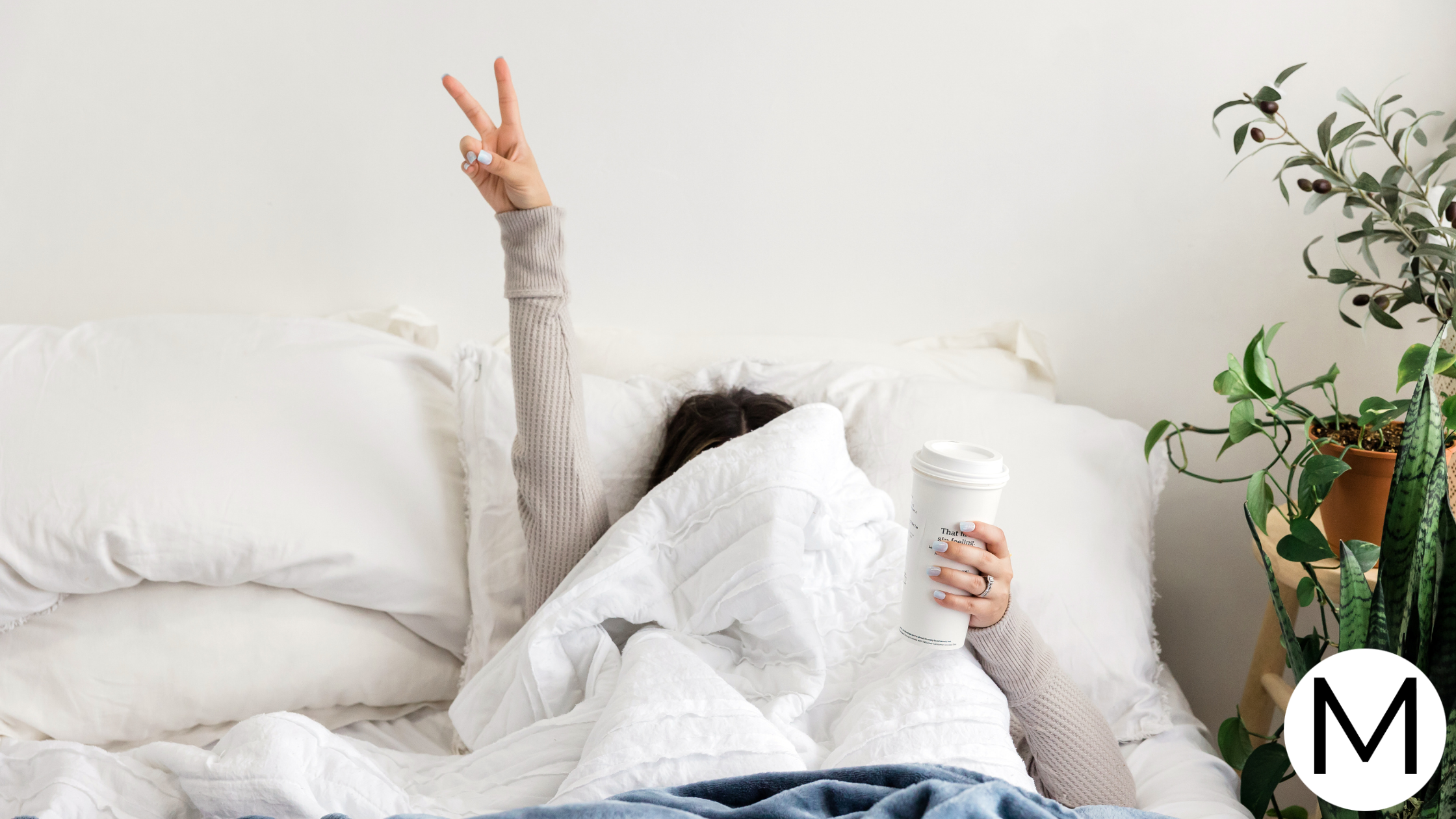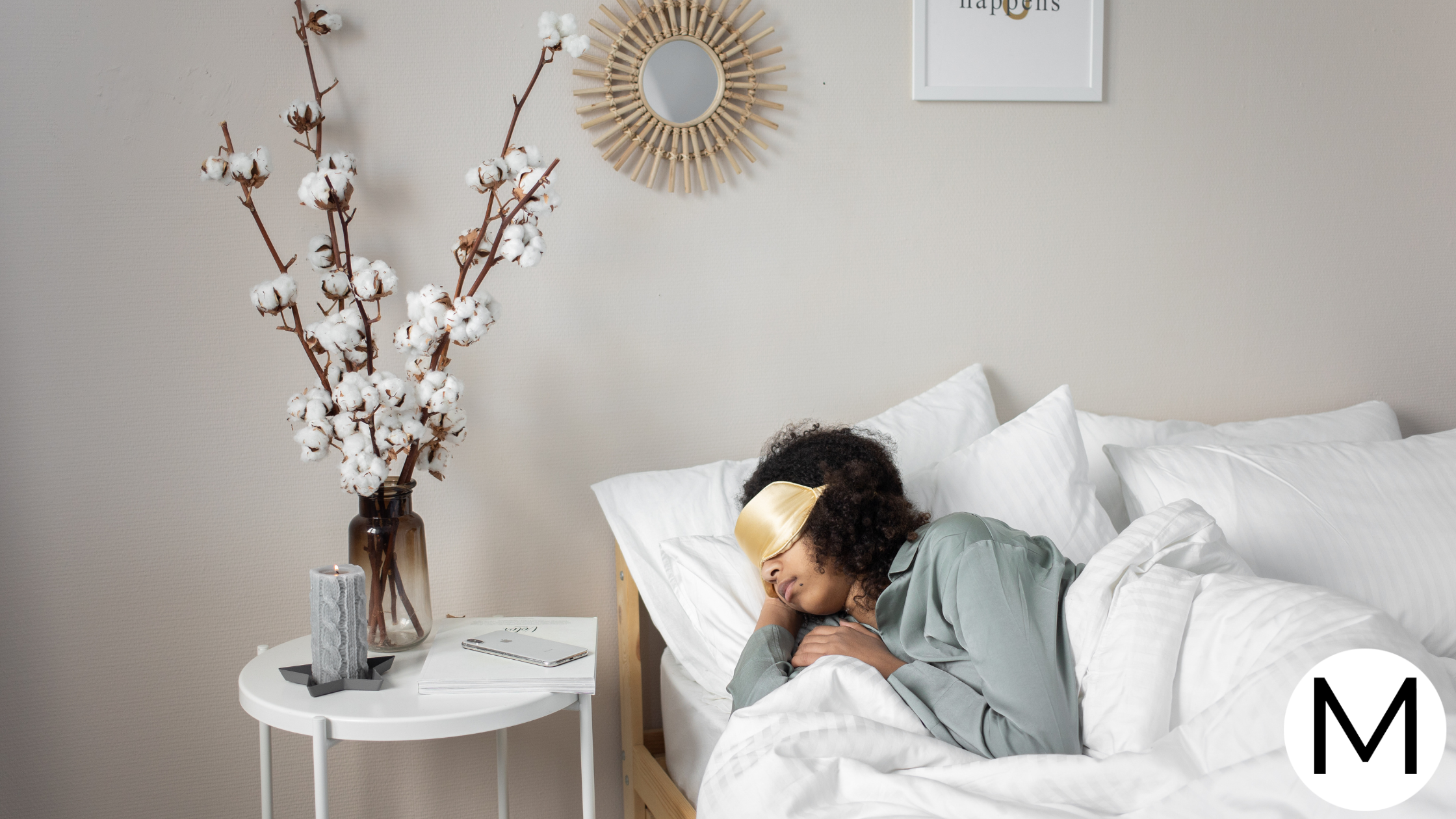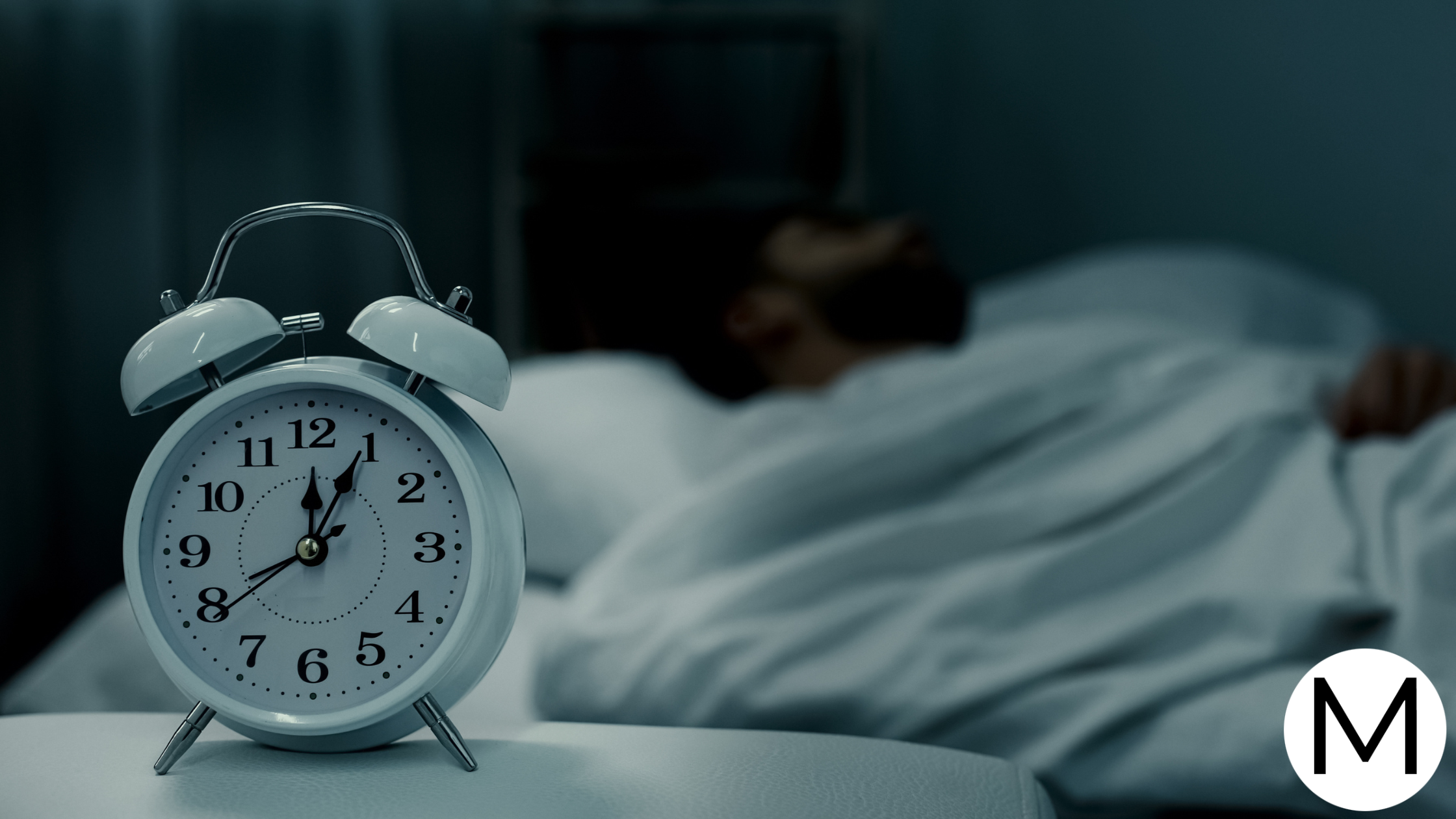Sleep is an essential part of our lives that sometimes gets overlooked. Getting a good night’s rest is vital for physical and mental health, yet many people struggle to do this regularly. Luckily, there are ways to improve your sleep quality so you can wake up refreshed and energized. This article will discuss various methods to get better rest throughout the night.
Getting Started

Getting better sleep starts with understanding the basics of sleep. Sleep is a complex process that requires a balance of physical and mental health. It’s essential to know how sleep works and the various factors affecting it, such as stress, diet, and lifestyle. A good night’s sleep is essential for physical and mental health. It can help improve focus and concentration, reduce stress and anxiety, and improve overall well-being. Improving your sleep can help you feel more energized and productive during the day.
Develop a Sleep Routine

Establishing a consistent sleep routine is one of the essential steps to getting better sleep. A regular sleep routine helps to keep your body in sync with its natural circadian rhythms. It also helps to reduce stress and anxiety, which can interfere with sleep.
Your sleep routine should include a consistent bedtime and wake time and a pre-bedtime ritual. This includes activities like reading, calming music, or stretching. It’s also essential to avoid screens and other forms of stimulation before bed.
Manage Stress and Anxiety

Stress and anxiety can interfere with sleep and make it difficult to get a good night’s rest. It’s essential to manage stress and anxiety to improve sleep quality. This can be done through relaxation techniques such as meditation, deep breathing, and yoga. Practicing healthy coping mechanisms such as talking to a friend, writing in a journal, or engaging in a hobby is also essential. Taking breaks throughout the day and engaging in activities that bring joy can also help to reduce stress and anxiety.
Exercise Regularly

Regular exercise is essential for physical and mental health and can help improve sleep quality. Exercise can help to reduce stress and anxiety, as well as increase energy levels during the day. It’s important to avoid exercising too close to bedtime, as this can interfere with sleep. Exercise can help to improve sleep quality and make it easier to fall asleep and stay asleep. Aim to exercise at least thrice weekly for 30 minutes or more. Choose activities you enjoy, such as walking, jogging, cycling, swimming, or yoga.
Limit Caffeine and Alcohol

Caffeine and alcohol can interfere with sleep and make it difficult to get a good night’s rest. Caffeine is a stimulant that can make it harder to fall asleep and stay asleep. Alcohol can make you tired but also disrupt sleep later at night.
It’s important to limit caffeine and alcohol before bedtime. Avoid caffeinated beverages after 2 pm, and limit alcohol consumption to one or two drinks. This will help to ensure that you get the restful sleep you need.
Create a Sleep-Friendly Environment

Creating a sleep-friendly environment is essential for getting better sleep. This means making sure your bedroom is dark, calm, and quiet. Invest in blackout curtains or an eye mask to block out light, and use a white noise machine or fan to create a soothing sound.
It’s also essential to keep the bedroom free of distractions like TVs and phones. This will help to create a calming environment that is conducive to sleep. Creating a sleep-friendly environment can help you get the restful sleep you need.
Understand Your Sleep Needs

Getting good sleep is essential for your physical and mental health. To get the best sleep, it’s necessary to understand your own sleep needs. Everyone’s needs are different, so take time to identify what works for you. Track your sleep patterns, paying attention to how much sleep you need and when.
Think about factors like your age, lifestyle, and health. Do you need more sleep when you’re under stress? Are you more alert in the morning or evening? Knowing your sleep needs will help you create a sleep routine that works for you.
Eat a Healthy Diet

What you eat can have a significant impact on your sleep. Eating a healthy, balanced diet can help you get better rest. Avoid heavy meals close to bedtime. If you’re hungry before bed, have a light snack like a piece of fruit or a handful of nuts.
Certain foods can also help you sleep better. Foods rich in magnesium and calcium, such as leafy greens, can help you relax. Try drinking herbal tea before bed to help you wind down. Chamomile, lavender, and valerian root are all known for their calming effects.
Establish a Sleep Schedule

A regular sleep schedule is one of the most effective ways to improve sleep. Going to bed and waking up simultaneously daily will help your body adjust to a healthy sleep-wake cycle.
Establishing a routine before bed, such as taking a warm bath, reading a book, or listening to calming music, can also help you relax and get ready for sleep.
Get Enough Sunlight

Getting enough sunlight during the day is essential for improving your sleep. Sunlight helps regulate your circadian rhythm, so getting at least 15 minutes of daylight daily is necessary. Try to get outside for a walk or do some gardening.
Limiting your exposure to blue light in the evening is also essential. Avoid using electronic devices at least an hour before bed, as the blue light can disrupt your sleep cycle.




